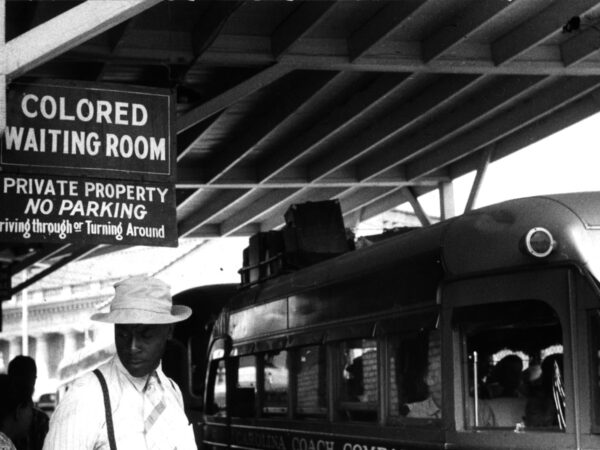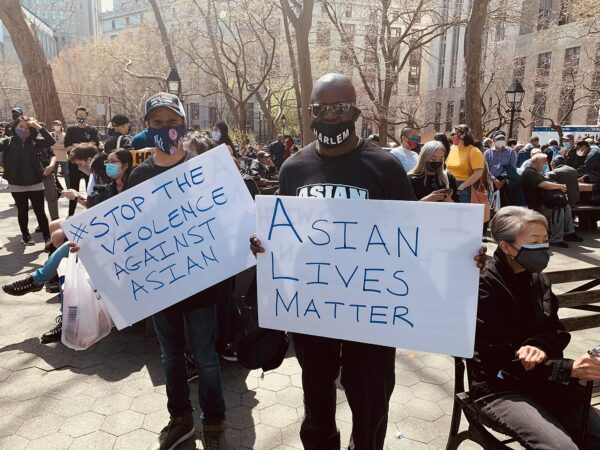
Even though Asian America is irreducibly diverse, the vast majority of Asian American theological voices are East Asian theological voices, with voices and concerns from Southeast Asian, Filipinx, Pacific Islander, South Asian, and Middle Eastern Christians being barely heard or simply dismissed. This raises questions about how helpful “Asian American” is as an identitarian category.
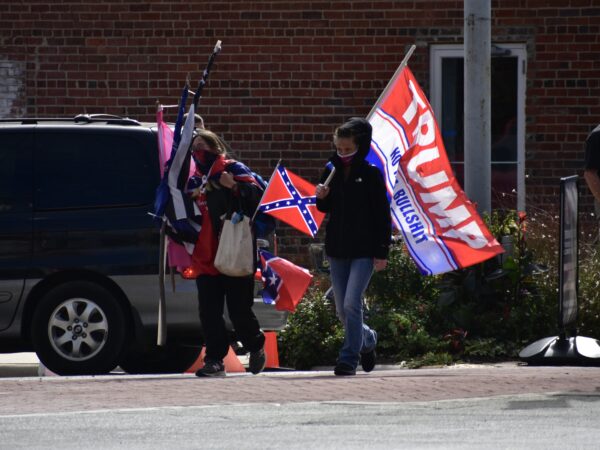
But how could Trump seduce a great majority of the Jesus-believing, Bible-thumping, church-attending evangelical conservative community when his values are so contrary to those of Jesus, the Bible and what the church should stand for?
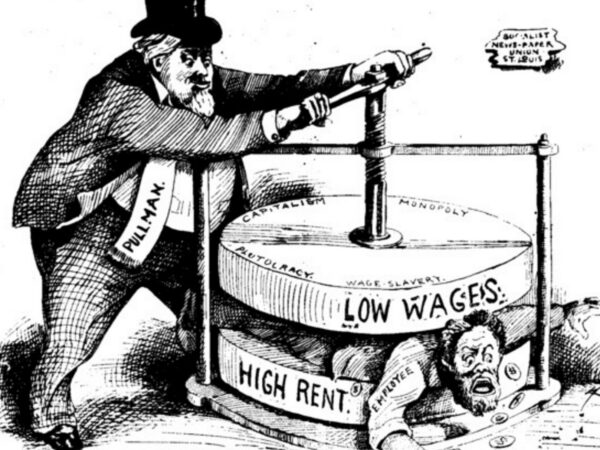
While some white American converts to Pentecostalism in the early 1900s were experiencing a resurgence of Jeffersonian populism of that era, Mexican nationals were living through revolutionary upheaval of their own. And like the older populism of American evangelical lines, the Mexican revolution’s radical populism was also agrarian, influenced by Jacobinism, and hostile to establishment elites.
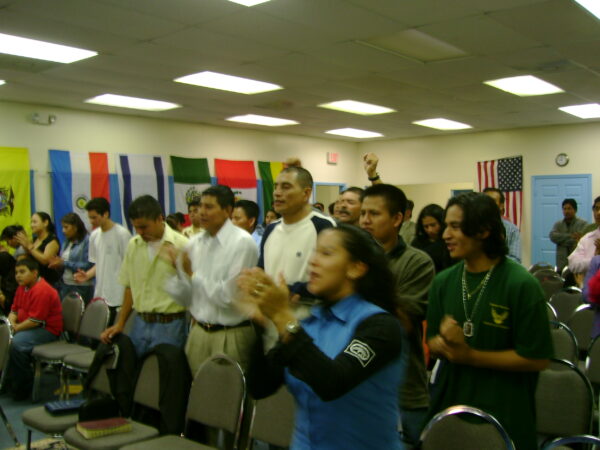
We see this wholesale adoption of White Evangelical practices in the Latino/a Evangelicals’ increasing support of the White nationalist philosophy which undergirds the White Evangelical theological position. The 2016 presidential election, Trump’s subsequent term in office, and the 2020 presidential election have made this all much more publicly clear.

Even while the concept of canon has been thoroughly critiqued and deconstructed, implicit canons remain and it may be best to acknowledge their presence rather than seek to repress them.

